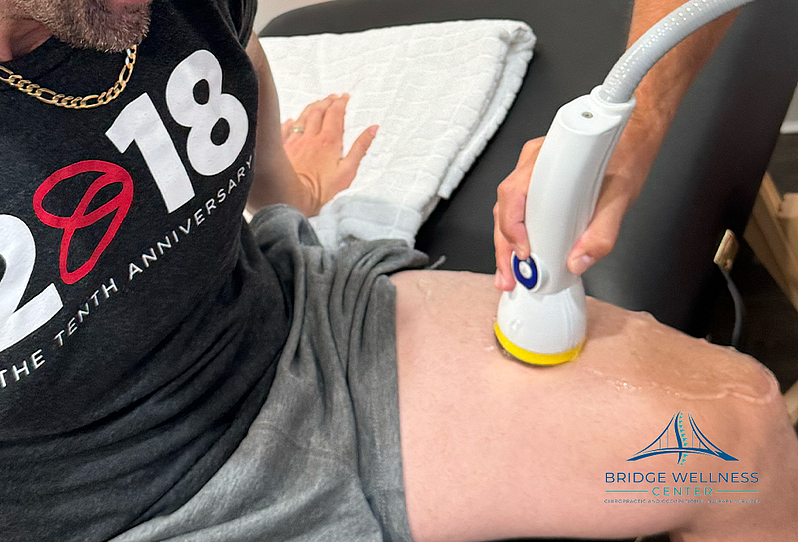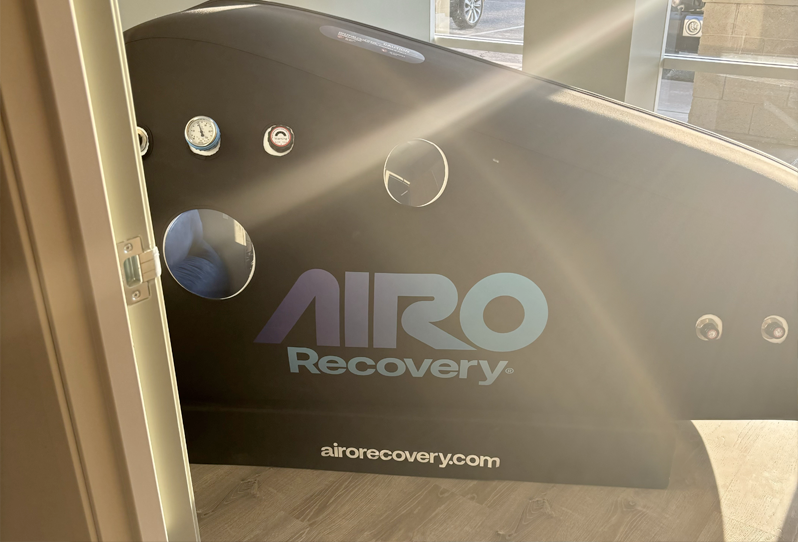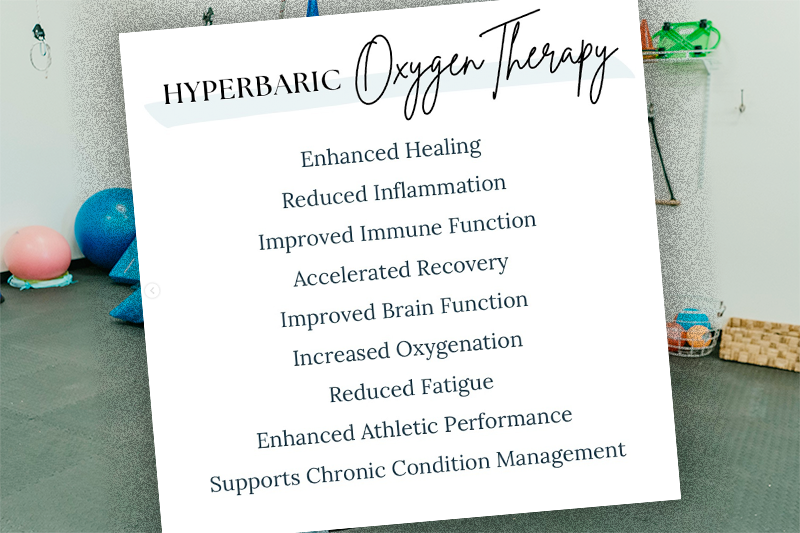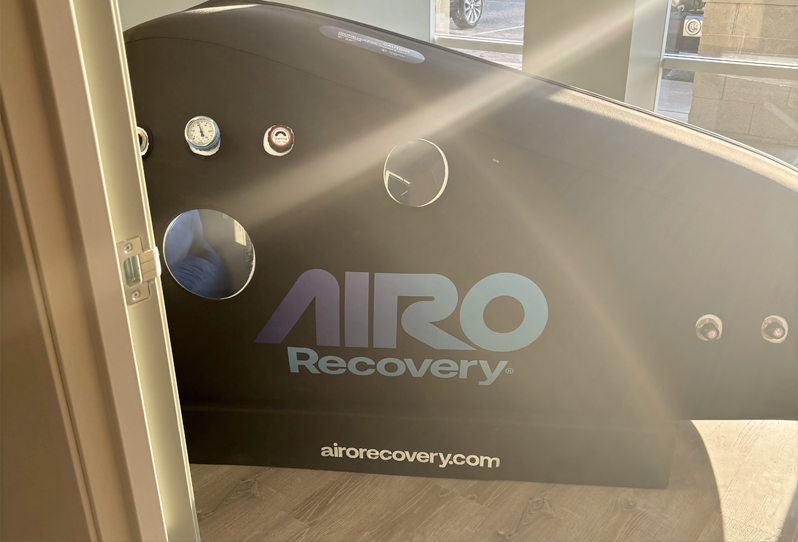Blog
Is Sunscreen Bad For You?
As summer draws near in Phoenix, AZ, many of us will be turning to sunscreen to shield our skin from the sun's harmful UV rays. While sunscreen is essential in preventing skin damage and reducing the risk of skin cancer, it's important to be aware that some sunscreens contain potentially harmful toxins. Dr. Matt McCutcheon and the team at Bridge Wellness Center want to help you make informed choices about your skincare. In this article, we’ll explore some common toxins found in sunscreen and the risks they may pose to your health and the environment.
The Hidden Dangers in Sunscreen
Oxybenzone: A Hormone Disruptor
Oxybenzone is a prevalent ingredient in many sunscreens, known for its ability to absorb UV rays and protect the skin. However, research has indicated that oxybenzone may disrupt hormones, potentially leading to reproductive and developmental issues. Additionally, this chemical has been linked to coral bleaching, which damages coral reefs and negatively impacts marine life. Dr. Matt McCutcheon at Bridge Wellness Center advises being cautious of products containing oxybenzone, especially if you’re concerned about hormone balance or environmental impact.
Octinoxate: Environmental and Hormonal Concerns
Octinoxate is another common UV filter found in many sunscreens. Similar to oxybenzone, it has been found to harm coral reefs and other marine ecosystems. Moreover, research suggests that octinoxate may mimic estrogen in the body, leading to potential hormonal disruption. If you’re looking for safer alternatives, Dr. Matt McCutcheon recommends seeking out sunscreens that do not contain octinoxate, especially if you’re concerned about hormone health or protecting the environment.
Homosalate: Accumulation in the Body
Homosalate is another UV filter used in many sunscreens. While generally considered safe, studies have found that it can accumulate in the body over time, potentially leading to hormonal disruption. At Bridge Wellness Center in Phoenix, AZ, we encourage our patients to be aware of the ingredients in their skincare products and to choose those that support their long-term health.
Retinyl Palmitate: Potential Skin Cancer Risk
Retinyl Palmitate, a form of vitamin A, is sometimes added to sunscreens to enhance their effectiveness. However, research has suggested that it may increase the risk of skin cancer when exposed to sunlight, as it can break down and produce free radicals that damage DNA. Dr. Matt McCutcheon recommends avoiding sunscreens with retinyl palmitate, particularly for those with a history of skin cancer or increased sun exposure.
Nanoparticles: An Emerging Concern
Some sunscreens contain nanoparticles, tiny particles that can penetrate the skin and potentially cause cellular damage. While more research is needed to fully understand the effects of nanoparticles, some studies suggest they may pose risks to human health. At Bridge Wellness Center, we encourage our community in Phoenix, AZ, to be mindful of the potential impact of nanoparticles and to consider sunscreens without these tiny particles.
Making Safer Sunscreen Choices
To protect yourself from these potentially harmful toxins, consider opting for sunscreens labeled as "reef-safe" or "reef-friendly." These sunscreens are formulated without oxybenzone and octinoxate, making them less likely to harm coral reefs and marine life. Additionally, it’s important to choose sunscreens free of other harmful chemicals like homosalate and retinyl palmitate. Dr. Matt McCutcheon also advises avoiding spray sunscreens, as they can release nanoparticles into the air.
Protecting Your Health and the Environment
While sunscreen is crucial for protecting our skin from UV rays, it’s equally important to be aware of the potential risks posed by certain chemicals found in these products. By choosing sunscreens that are labeled as "reef-safe" or "reef-friendly" and free of harmful chemicals, you can help protect both your health and the environment.
For more personalized advice on safe skincare, schedule your appointment with Dr. Matt McCutcheon at Bridge Wellness Center in Phoenix, AZ. Visit our website at www.bridgewellnesscenteraz.com to learn how we can help elevate your health to the next level.
‹ Back









